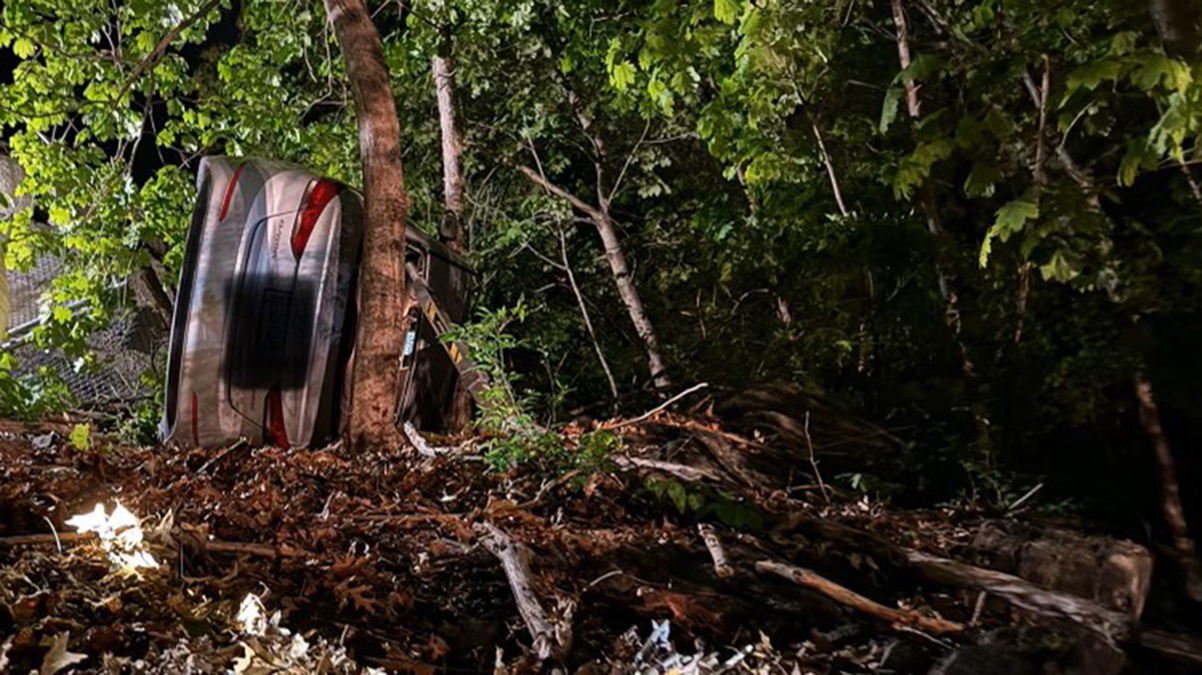It’s the biggest legal payment ever made to an individual by our state - all connected to reports by NBC Connecticut Investigates about patient abuse at Connecticut’s maximum security psychiatric hospital.
We’re talking about the case of Bill Shehadi, who has been at the Whiting Forensic Hospital in Middletown since 1995.
A judge has signed off on a $9 million settlement between Shehadi’s family and the State of Connecticut.
There were years of repeated abuse of Shehadi. He was a longtime patient at our state’s maximum security psychiatric hospital. Then in 2017, there was a month’s worth of abuse caught on camera and exposed, including staffers putting a used diaper and a wet mop on his head.
Get Connecticut local news, weather forecasts and entertainment stories to your inbox. Sign up for NBC Connecticut newsletters.
It horrified Shehadi’s brother Al, who told NBC Connecticut Investigates, “The people that did this to my brother knew there was a camera in the room and they didn't even try to hide what they did. They were so aware at how little oversight and internal controls the state had.”
But now, Connecticut must make a sizeable payout to the estate of Bill Shehadi after dozens of firings, arrests, hearings and other proceedings connected to this case.
The settlement is the largest payout to an individual by the state, according to Shehadi’s attorney. Plus, the state agreed not to collect more than $8 million he owed for his nearly 30 years in state custody.
“It’s always a challenge when you sue the government because the government has built in constitutional and statutory immunities from lawsuits. And so you have to think creatively about how to do an end run around those if you can," Shehadi's attorney, Antonio Ponvert, said.
Al Shehadi added, “It is a step in a long road is not the end of the road. You know, the road has been about accountability and system change. And two years ago, three years ago, the criminal prosecutions brought accountability to the individuals. This settlement of the states, acknowledging what happened, the state's paying for it. That is an extremely high level of accountability for the state. There still is a longer road to go on system change so that my brother, people like my brother, who are mentally ill, do not have to go through.”
One of the many types of system failure that led in the end.
Local
As for what Al Shehadi will do with the money from this large payout, he plans to donate most to nonprofits providing housing and services for people with mental illness and developmental disabilities.
“I want to see this money go to systemic change to show the state what they could have done with far more modest amounts of money than what they paid to keep my brother for decades in a fairly inhumane environment," Shehadi's brother said.
And Bill Shehadi, the patient at the center of these civil and criminal cases, is receiving better care these days, according to co-conservator Karen Kangas.
“People are watching, people are alert. They know what they did was wrong. They’re not afraid to say they did something wrong," Kangas said.
The Department of Mental Health and Addiction Services, which oversees Whiting Forensic Hospital, has not responded to our requests for comment.



